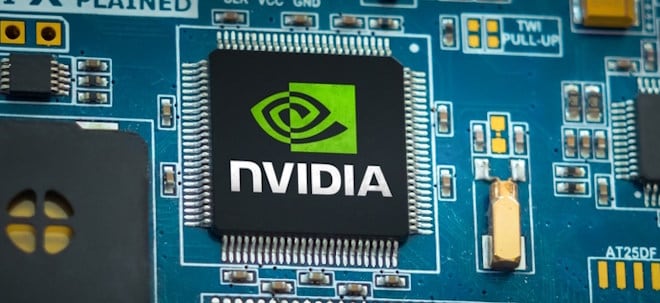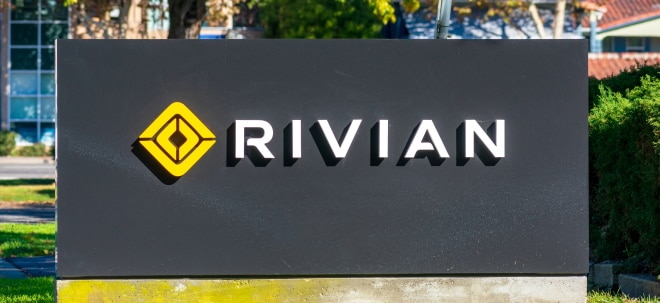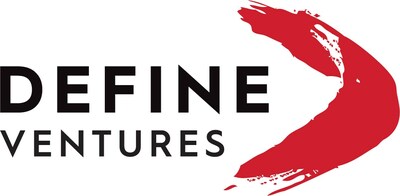Big Pharma's AI Adoption Is Reaching a Tipping Point Amid Mounting Pressure and Strategic Opportunity, Finds New Report from Define Ventures
Define Ventures' new report reveals how C-suite pharma leaders are rapidly evolving their AI strategies — and what this acceleration means for Big Tech and health tech startups.
SAN FRANCISCO , July 17, 2025 /PRNewswire/ -- Define Ventures, one of the largest venture capital firms focused on early-stage health tech companies, today released a report revealing how Big Pharma is accelerating investment in AI to counter rising cost pressure, regulatory shifts, and growing competitive urgency. Based on in-depth surveys and interviews with over 40 executives — including leaders from 16 of the top 20 pharma companies and major players like Amazon Web Services, NVIDIA, Oracle Life Sciences, Tempus AI, and Datavant — the report uncovers a decisive shift towards enterprise-scale AI deployment.
"Pharma's AI future will be defined in the next 12 to 24 months," said Lynne Chou O'Keefe, Define Ventures founder and managing partner. "What we're seeing is a decisive acceleration to enterprise execution — with leaders embedding AI into core workflows to drive speed, efficiency, and real ROI. But internal teams can't do it alone. This moment is a generational opportunity for startups that are ready to scale, integrate seamlessly, and speak pharma's language."
From Pilots to Enterprise-Scale: Pharma's AI Strategy Matures & Accelerates
Bringing a new therapeutic to market can take 10–15 years and $2.6 billion — a timeline and price tag that have more than doubled over the past two decades. Against this backdrop, and in the wake of cost-cutting and mounting pricing pressure from the Inflation Reduction Act, pharma C-suite leaders increasingly view AI as a strategic necessity.
This urgency is translating into meaningful action: 70% of pharma leaders now see AI as an immediate priority, rising to 85% among the top 20 companies. And despite tighter overall budgets, 85% of executives are increasing their AI investments, directing spend toward improving productivity, accelerating drug development, and protecting margins in a more constrained economic environment.
The Build-vs-Buy Mentality Is Breaking Open
Historically, pharma companies preferred to build AI tools internally — especially at the data and application layers. But that mindset is beginning to shift. According to the report only 30% of pharma leaders still plan to primarily build in-house, while 40% expect to split efforts between internal development and external partnerships, and 30% are prioritizing external-first strategies.
Despite the growing openness to partner, satisfaction with external vendors has been mixed. Only 35% of respondents described their experience as somewhat positive, while 40% reported neutral outcomes, and 5% had somewhat negative experiences. This reinforces the message that partnerships come with high expectations and solutions must not only perform, but fit smoothly into highly structured environments while demonstrating early ROI.
Big Tech Becomes Embedded in Pharma's AI Stack
The report highlights the growing role of Big Tech and consulting firms as embedded partners rather than just infrastructure vendors. These relationships go beyond traditional vendor roles — they're reshaping how pharma companies build, buy, and scale AI.
Cloud providers in particular have longstanding customer relationships and are moving up the stack by unveiling life science-specific offerings, including infrastructure, domain-tuned models, and co-development opportunities. While this doesn't undermine the opportunity for AI startups to increasingly partner with pharma companies, it does raise important questions about where these players will focus and whether their offerings will compete with or complement startups. This deep integration raises the bar for founders in this ecosystem and serves as a catalyst for startups with differentiated offerings.
Current AI Investment Is Focused on Low-Risk, High-Impact Efficiency Gains
Pharma companies are prioritizing AI investments in areas where risk is low and returns are immediate — with a clear emphasis on improving operational efficiency. Every executive surveyed said success in AI must include reducing administrative burden and improving workforce productivity.
One standout example: 94% of respondents identified medical writing as a top AI priority for the next year. This reflects a strong appetite for automation in areas that are high-volume but carry minimal regulatory or reputational risk.
At the same time, 80% of leaders are focused on reducing the cost of therapeutic discovery. While AI has yet to deliver a wave of new blockbuster drugs, leading organizations are finding near-term ROI by streamlining the operational backbone of early R&D. This includes automating time-intensive tasks like literature reviews, hypothesis generation, and bench workflows, as well as building infrastructure to manage increasingly complex multimodal data.
Pharma Moves Faster Than Its Healthcare Peers
Pharma organizations are also outpacing peers in operational readiness. 80% have formal AI governance committees, compared to 73% of payers and providers — a sign of growing institutional alignment across data, technology, and business leadership.
Pharma's funding models also demonstrate they're shifting from fragmented, department-led efforts toward more centralized, enterprise-wide strategies. Only 20% of AI budget is allocated by innovation teams in pharma companies, compared to 60% for payers and providers. This reflects pharma's growing readiness to scale AI while navigating regulatory complexity — and may offer a blueprint for other healthcare sectors.
To read the full report, visit www.definevc.com/insights/inside-the-c-suite-pharma-leaders-share-their-vision-for-ai.
Earlier this year, Define Ventures welcomed Carolyn Magill, former CEO of Aetion, as its newest venture partner, bringing over 25 years of experience scaling companies and driving innovation across the payer, provider, and pharma sectors. The firm also released a series of comprehensive reports, including an in-depth analysis of how payers and providers are adopting AI, and a timely outlook on the health tech industry ahead of recent IPO activity — positioning the sector as increasingly defined by scalability, efficiency, and long-term sustainability, with strong growth projected in the years to come.
About Define Ventures
Define Ventures is one of the largest funds focused on early-stage health tech companies. With $800 million AUM, we take a high conviction approach in partnering with companies in the earliest stages. We believe the future of healthcare will be defined by those who bring together a deep understanding of the healthcare ecosystem paired with a technology-driven mindset. Our team was built to this vision, bringing together founders and investors who built category-defining companies and delivered over $25 billion in exit value, including Livongo, Evolent, and Hims & Hers.
![]() View original content to download multimedia:https://www.prnewswire.com/news-releases/big-pharmas-ai-adoption-is-reaching-a-tipping-point-amid-mounting-pressure-and-strategic-opportunity-finds-new-report-from-define-ventures-302507676.html
View original content to download multimedia:https://www.prnewswire.com/news-releases/big-pharmas-ai-adoption-is-reaching-a-tipping-point-amid-mounting-pressure-and-strategic-opportunity-finds-new-report-from-define-ventures-302507676.html
SOURCE Define Ventures


